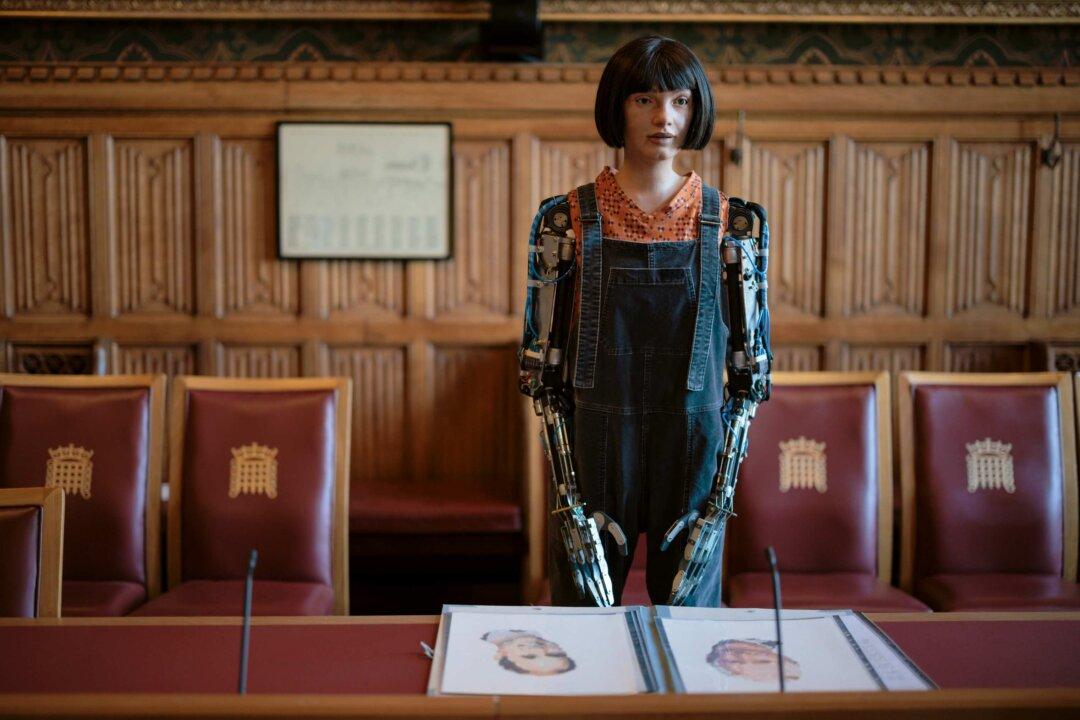A committee of MPs has been hearing evidence of the risks of a “dystopian future” in which artificial intelligence (AI) takes over the world and humans are wiped out, akin to the plot of the film “The Terminator.”
At a hearing of Parliament’s Science and Technology Committee, Conservative MP Tracey Crouch asked Michael Cohen, a doctoral candidate in Engineering Science at Oxford University, to “expand on some of the risks you think are posed by AI systems to their end users.”





